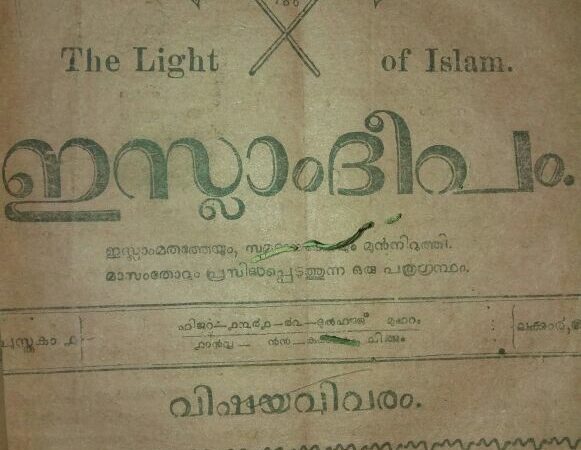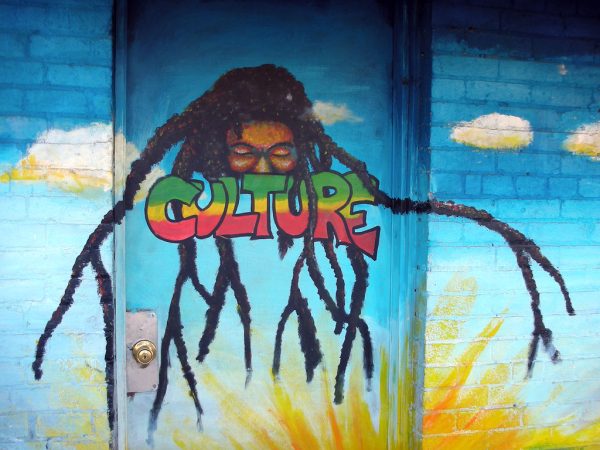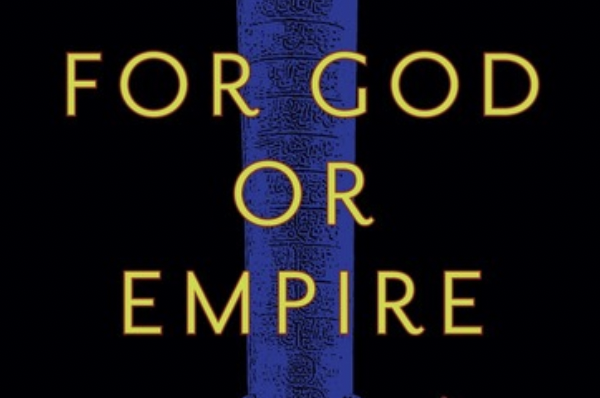
For Marx, religion is more than “the opium of the people,” it is the mirror of society turned upside down. This essay examines Marx’s critique of religion as well as his critique of other contemporary critiques of religion. This critique of religion became the starting point of his critique of political theology and, later, political economy.

Whether through suits before the International Court of Justice, pro bono suits in American courts, appeals to the United Nations, or student-led civil disobedience movements on campuses all over the democratic world, Palestinians and their supporters are attempting to cause a miraculous rupture in the realm of positive law, not to further the arbitrary ends of power, but to further the just and lawful ends of Palestinian freedom.

Khilafat in the narratives during the rebellion represented freedom, dignity, justice and universal brotherhood instead of the restoration of an empire. The article briefly examines multiple possibilities the term Khilafat or Caliphate offered to the indigenous anti-colonial struggle of Malabar in India in the 20th century.

[S]ituating demonology more fully in its religious and theological contexts furnishes resources that not only nuance understandings of movements for whom demonization is central, but also recontextualize discussions of core political theological concepts, including sovereignty, power, economy, subjectivity, and freedom.

It is not always possible (or advisable) to separate the “political” from the “religious” or “cultural” in Indigenous contexts. Indeed, all of these are concepts developed by outsiders to describe Indigenous life. Instead, Indigeneity invites scholars of political theology and related fields to consider the relationships between these threads of cultural life.

The triangulation of money, sovereignty, and divinity is a good point of entry to study the mutual constitution of theological and political concepts and the questions about ultimate value and social form that they raise.

The conversation about nature’s personhood and rights is always political, often legal, and sometimes theological. Most importantly, it is a localized conversation about the boundaries of a given community – who is part of the community and who isn’t.

Native survivance, in [Gerald] Vizenor’s parlance, is a combination of the words “survival” and “resistance,” and it “creates a sense of presence.” According to him, “The suffix -ance designates a condition, a nature, or a quality that is more than a mere description of survival.”



